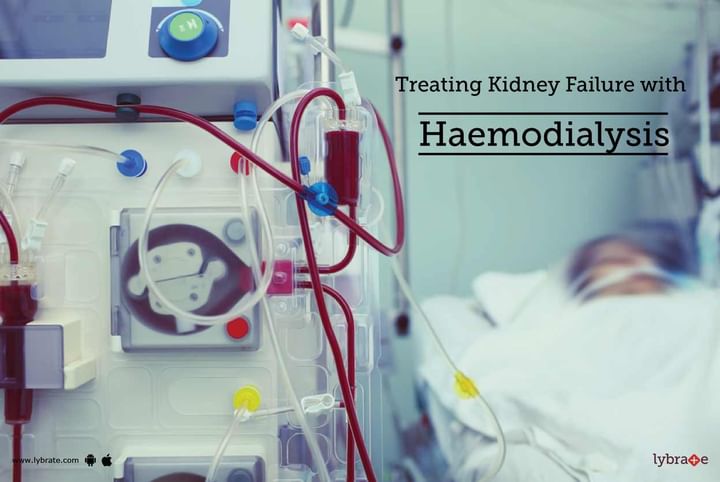Treating Kidney Failure with Haemodialysis
Kidney failure can be a devastating condition, where dialysis and kidney transplant are the only two treatment options. However, transplant is a time-consuming process, as patients have to wait for a perfectly matched donor. Therefore, dialysis is the most common remedy for kidney failure. Even though dialysis does not treat kidney failure, it helps manage the symptoms.
Different types of dialysis-
Here is a look at two procedures for performing dialysis-
-
Peritoneal dialysis- In this type of dialysis, the lining of the stomach is used as a filter to purify the blood. Doctors insert a tube into the belly of the stomach. After the purification process, the liquid wastes are emitted out of this tube.
-
Haemodialysis- In this procedure, the blood of the patient is transferred from the body into an artificial machine. This machine purifies the blood and then returns it back to the body.
Why haemodialysis is a preferred treatment choice for kidney failure
Here are some important things that you should know about haemodialysis-
-
If you undergo haemodialysis, you would need to undergo just three separate sessions of the dialysis per week. Therefore, the remaining four days of the week, you can relax and devote time to other activities.
-
Haemodialysis procedure takes around 4 hours to complete. Therefore, patients can plan other activities around 12 hours a week of dialysis.
-
Haemodialysis is the best treatment option for kidney failure in patients suffering from dementia, visual impairments or other debilitating conditions. Since machinery is involved, a trained medical professional will assist you during the haemodialysis process.
If you want to undergo haemodialysis, you also need to incorporate some dietary changes. Doctors will ask you to avoid certain food items completely. Furthermore, the liquid intake will also be regulated. Most people undergoing haemodialysis are restricted to just a few cups of water every day.
People who are dependent on haemodialysis may need to alter travel plans. If they travel, they would need to check whether a clinic is available at their destination that can perform the haemodialysis.
Speak with your doctor regarding the benefits of haemodialysis. This procedure may be your only hope when both your kidneys fail.


+1.svg)
